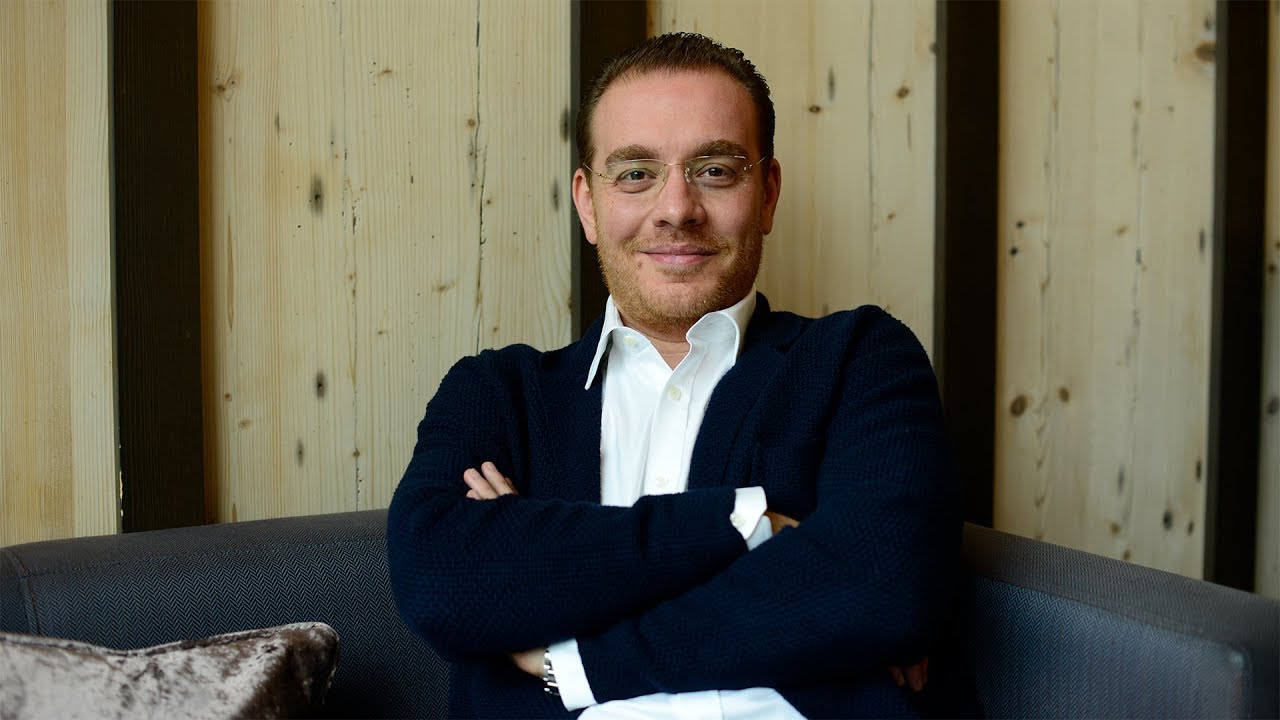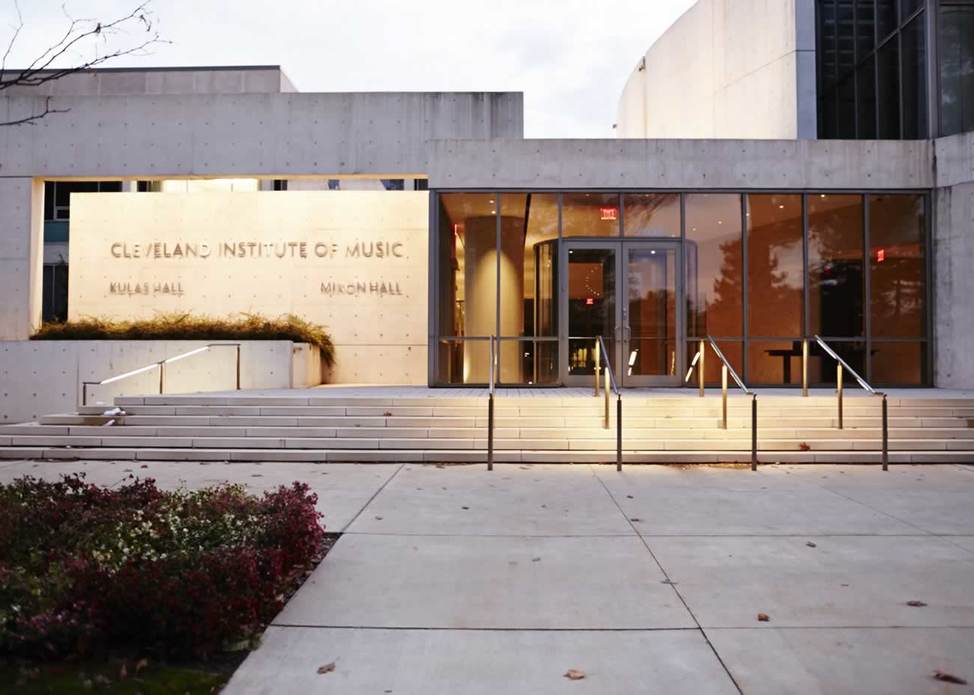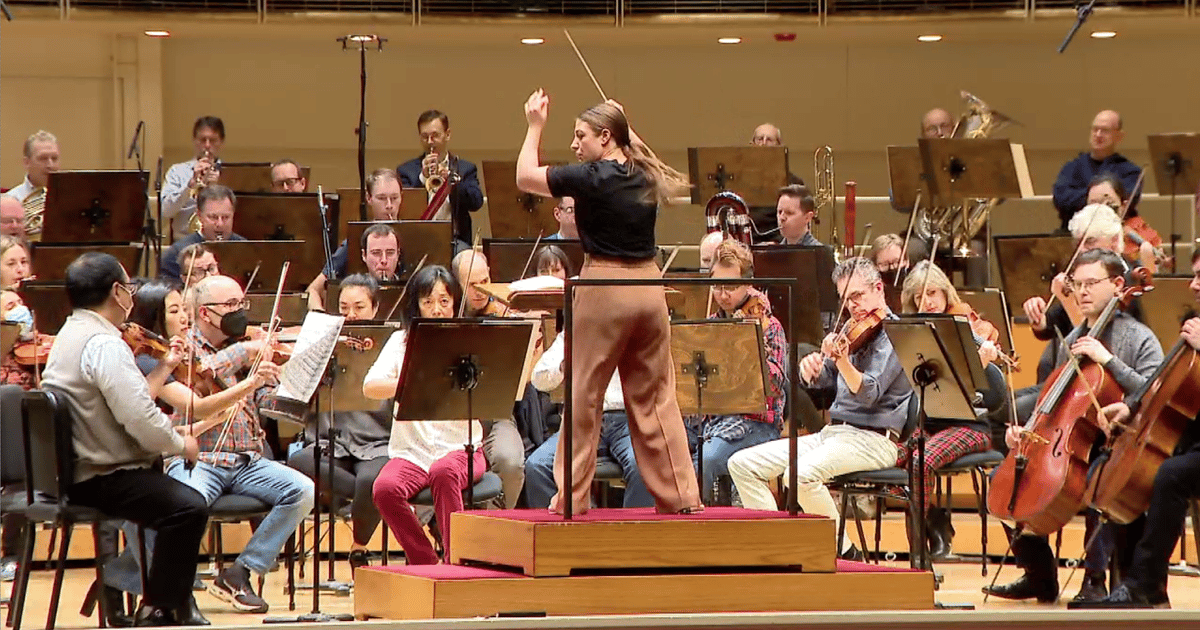A shout-out for autistic academics
mainApparently there has been no research conducted on university lecturers with autism.
My research aims to give a voice to academics who identify as autistic, Asperger’s or on the autism spectrum. It focuses on autistic academics’ experiences of research, teaching and being an employee in higher education. Men and women of all ages have already contributed – and they have expertise in fields as varied as sociology, genetics, mathematics and politics.
Check the survey here.






Who is conducting the research? Not mentioned anywhere.
I believe it’s Margaret Prior from Plymouth University.
I didn’t realise Plymouth University was so grand and imposing. Or that it straddled the river Cam.
I may be wrong, but as far as I could tell thanks to Google the research is being done by Ms Prior at Plymouth. I assume the photo of St John’s College, Cambridge, was just a standard image to represent academia.
In my experience, many academics are either autistic or demonstrate autistic symptoms, which could also be merely psychological personality traits (I saw a lot of odd/neurotic people in my Cambridge time). Also, some subjects may come across – when taught – as autistic by nature, so research in that area is full of pitfalls and potential misconceptions, where the regular mental climate is a vertile breeding ground for neurosis. But that does not mean that academics would not also be excellent academics. The example of Wittgenstein (working at Cambridge) springs to mind, who suffered from various emotional and mental handicaps, but he contributed enormously to philosophy. He also designed a very autistic villa in Vienna for a family member.
Totally agree. Absolutely.
What is meant by ” very autistic villa ” ?
W helped design a villa for his sister but drove everybody crazy with his autistic demands, and the result was an entirely sterile, anti-humanistic abstraction:
‘He focused on the windows, doors, door knobs, and radiators, demanding that every detail be exactly as he specified, to the point where everyone involved in the project was exhausted. One of the architects, Jacques Groag, wrote in a letter: “I come home very depressed with a headache after a day of the worst quarrels, disputes, vexations, and this happens often. Mostly between me and Wittgenstein.” When the house was nearly finished he had a ceiling raised 30 mm so the room had the exact proportions he wanted.’
https://en.wikipedia.org/wiki/Haus_Wittgenstein
Hello John,
Oh, my goodness. Here we go again, with yet another ambiguous disorder that profits the drug companies and their psychiatric handmaidens. There is no hard or reliable physiological proof that autism actually exists (including no surefire “treatment” for it), but such obstacles have never stopped anyone from manufacturing a pathological label–or, on the other end, embracing it to explain all their difficulties in life.
The “spectrum disorders” (autism, bipolar) have been very lucrative inventions, loosening the “net” so far that virtually anyone can fall into it. That includes people who used to be called “shy” or “moody” or “withdrawn.” Besides, any study that turns on people’s self-identification is scientifically challenged from the very start.
No wonder the NIMH launched that 10-year project to find an alternative to the DSM, finally recognizing that the subjective behavioral checklists commonly used for diagnosis are little more than fanciful nonsense, and that the real clues to suffering can only be found in the tangible brain. Certainly people who suffer with psychological challenges deserve better.
“Besides, any study that turns on people’s self-identification is scientifically challenged from the very start.” Agreed, that’s why I tried to be ironic.
But on the other hand, it is obviously difficult to define the boundaries between normal psychic reactions and abnormal ones that can be called a handicap or disease. Admitting it is a gliding scale, it is obvious that the condition called ‘autism’ does really exist. I have at some time encountered people who obviously suffered from the condition, and it is different from the normal reactions to life’s miseries. The real autism is obviously a physical ailment, not a psychological one, but the symtoms are psychological. The difficulty with psychology is that it is not a ‘hard’ science; but still it is a most valuable way of understanding the human mind, even if Freud got many things apparently wrong.
True, psychology is not a “hard” science, despite the pretense of vocabulary like “clinical” and “symptoms,” which imply that it is. Psychology has come a long way since Freud, but his major contribution remains influential: the notion that people say and do things without being aware of their true motives. Unfortunately, he was himself an unhappy person, so he provided no model for achieving joy, or even normalcy. The best we could do, he said, even with the psychoanalysis he invented, was “to transform hysterical misery into common unhappiness.” The key is to discover precisely how our parents messed us up, and then spend the rest of our lives compensating for it.
Freud’s negativity always puzzled me until I came across a possible clue while researching “The Insanity Hoax.” It seemed he hated music, finding it intrusive.
I think this shows a certain paucity of spirit, at least. Even Shakespeare had something to say about people who don’t like music; on page 82, I cite his warning not to trust them, from The Merchant of Venice, act 5, scene 1.